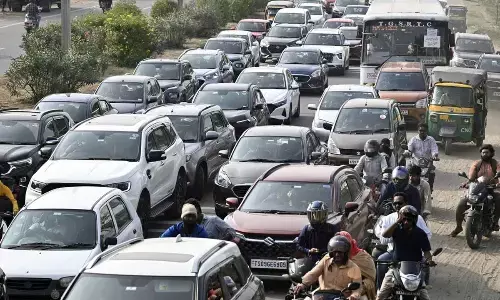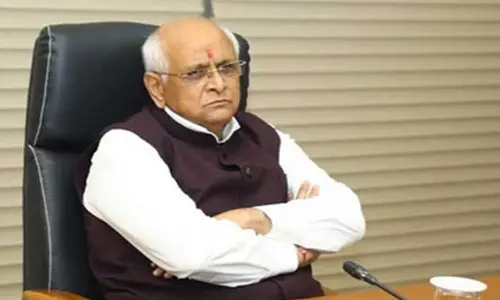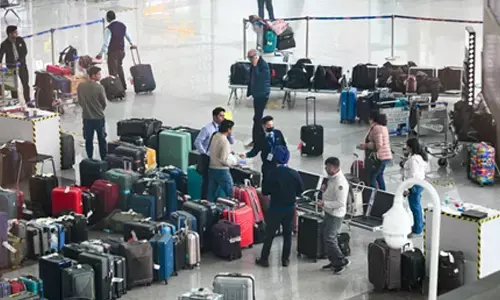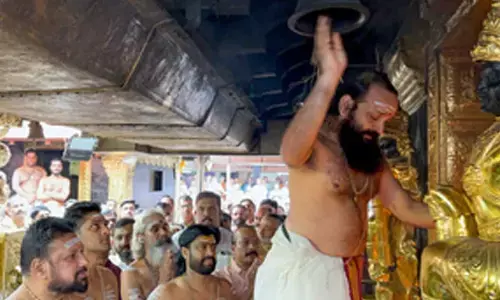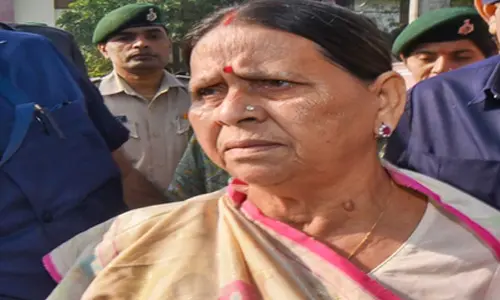Nearly 2 mn congregate in Saudi
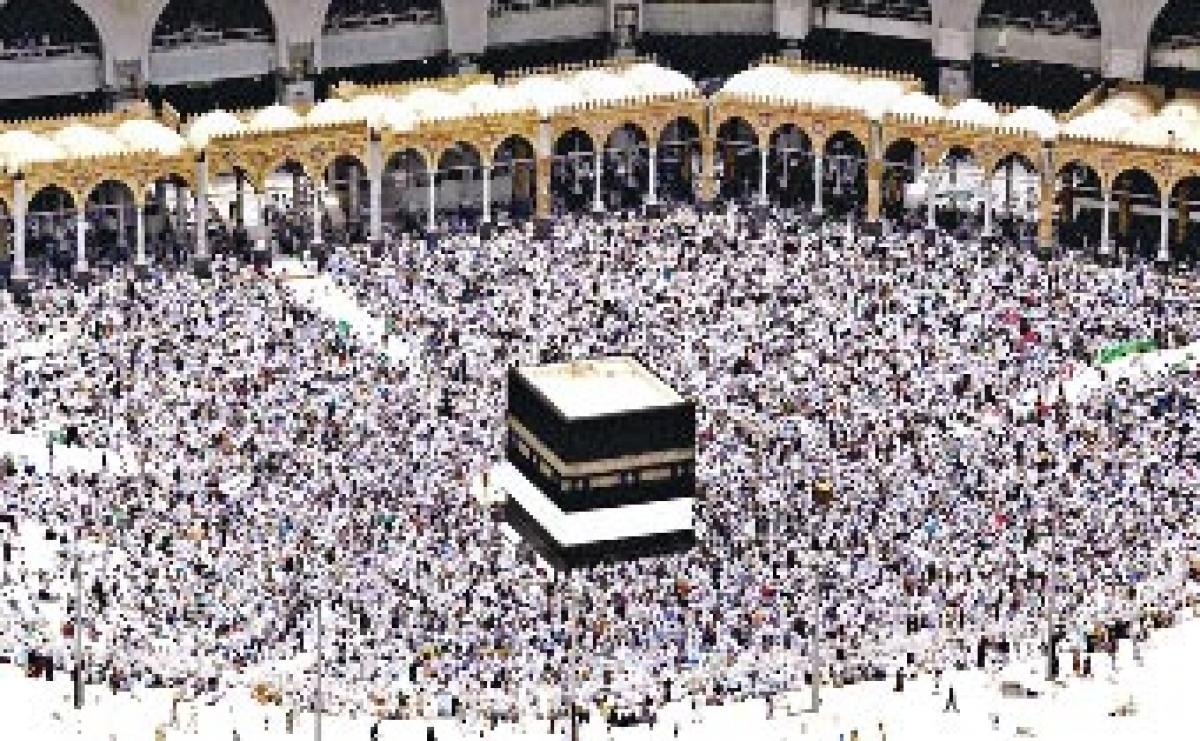
Close to two million pilgrims have converged on western Saudi Arabia for the annual Haj where new measures aim to prevent a recurrence of last year\'s stampede which killed around 2,300.
Mecca: Saudi Arabia has begun issuing Haj pilgrims with identification bracelets one year after a stampede killed around 2,300 people. The bracelets are a reassurance to some pilgrims, though their distribution has been far from systematic ahead of the formal start of the Haj on Saturday.
Close to two million pilgrims have converged on western Saudi Arabia for the annual Haj where new measures aim to prevent a recurrence of last year's stampede which killed around 2,300.
The stampede legacy has contributed to renewed tensions between Saudi Arabia and its regional rival Iran, which is not sending pilgrims for the first time in nearly three decades.
While the main rites of the six-day event begin on Saturday, pilgrims have already been swirling around the holy Kaaba at the Grand Mosque in Mecca, in a procession that continues day and night. It is one of the first rites of the pilgrimage, which is among the largest religious gatherings in the world.
The Haj is one of the five pillars of Islam, which capable Muslims must perform at least once, marking the spiritual peak of their lives. Rich and poor alike come dressed in the same white garments. "I feel no fear at all," said Adil Abdulrahman, a British pilgrim confident that authorities have tried to make the faithful feel safe.
A Nigerian visitor, Lawan Nasir, 45, said the loss of a cousin in last year's stampede did not stop him from coming. "The pains have not dulled a bit," he told AFP, but it would be "silly" to stay away. "Death will come when it will come and nothing can save one from its claws."
In one of several safety measures implemented after the stampede, access to the Kaaba - a black cube that Muslims across the globe face while they pray - is suspended during prayers, and the walk around it is stopped to avoid overcrowding.
The circumambulation area has been expanded to hold about 30,000 pilgrims an hour, up from 19,000. Security has also been reinforced around Islam's holiest site, with officers in red berets and camouflage uniforms manning green plastic barricades to control the crowd.
During the main weekly Friday prayers, the white-clad throng made the area around the Kaaba resemble a snow-dusted field from above. A helicopter flew overhead and main roads in the city were shut to allow hundreds of thousands of pedestrians access. With temperatures of 43 degrees Celsius as they marched, some pilgrims seemed faint. They carried water and tried to help each other.




